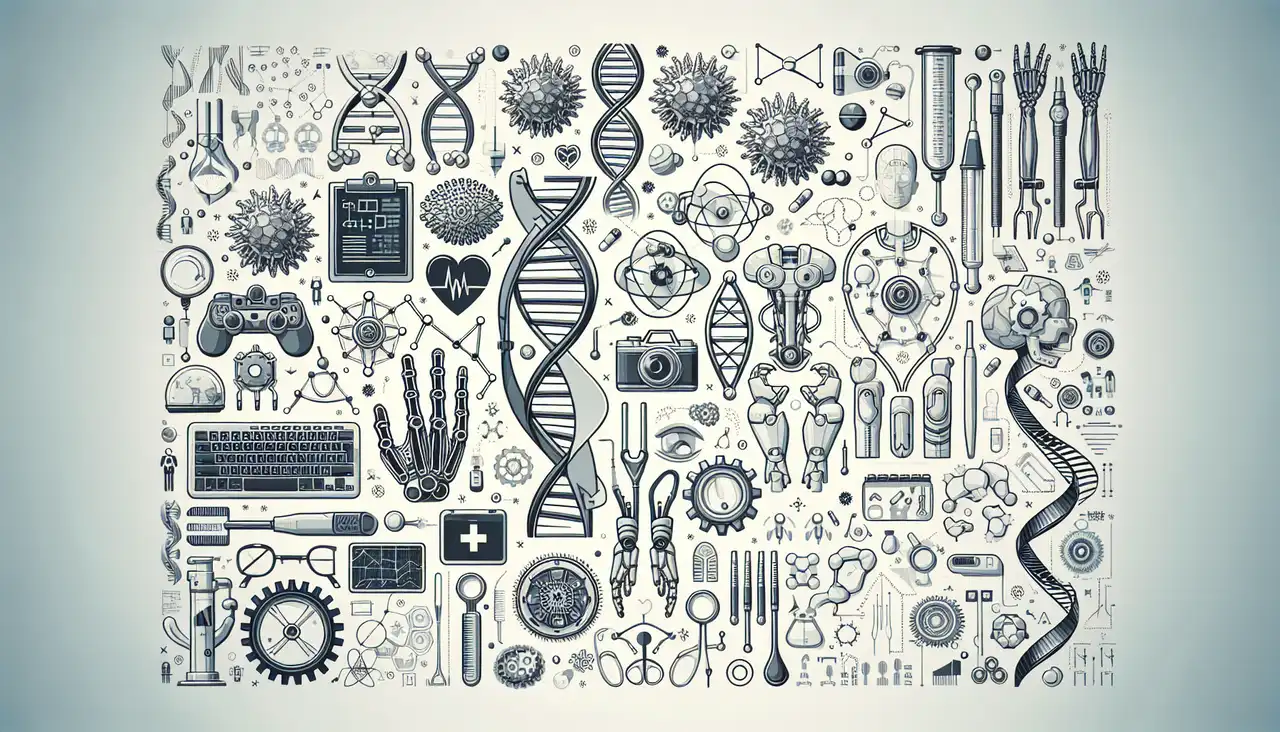

Eberhard Voit
Eberhard Voit is a distinguished Clinical Professor in the Department of Biological Sciences at The University of Texas at Dallas. With a Ph.D. in Developmental and Theoretical Biology, he has carved a niche in the realm of complex biomedical systems. His primary research interests lie in the intricate analysis of metabolic pathway systems and the modeling of Biochemical Systems Theory, areas where he has made significant contributions. Throughout his illustrious career, Voit has authored a plethora of publications and books, focusing on systems analysis, computational biostatistics, and science education. His work is recognized globally, with several of his books translated into multiple languages, reflecting his commitment to educating both emerging systems biologists and the broader public. His dedication to teaching and research has been acknowledged through numerous prestigious awards, including the Sigma Xi Sustained Research Award. At UT Dallas, Voit leads a dynamic laboratory that employs a variety of mathematical and computational models to explore and address complex biomedical phenomena. His research extends to areas such as metabolic and physiological systems, personalized medicine, and environmental health. One of his notable projects involves studying the effects of dioxins on human health through a multiscale computational approach, showcasing his innovative application of systems biology. Voit's contributions to the field have been recognized with fellowships from various scientific organizations, underscoring his influence and leadership in the scientific community. His work not only advances the understanding of biomedical systems but also bridges the gap between theoretical research and practical applications in medicine and health. In addition to his research endeavors, Voit is deeply committed to mentoring the next generation of scientists. His educational initiatives aim to inspire and equip students with the skills necessary to tackle the challenges of modern biological research. Through his efforts, he continues to shape the future of systems biology, fostering a new wave of innovation and discovery.